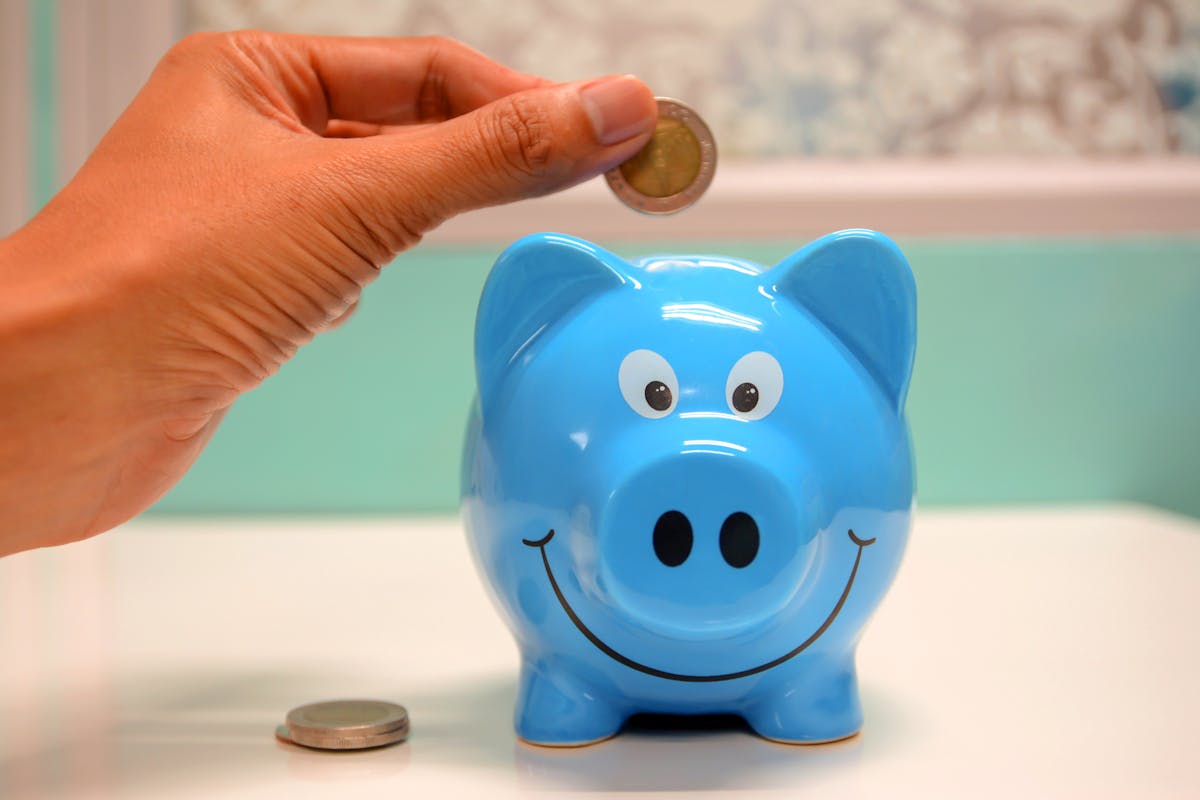
Habits That Can Help You Save More
A balanced financial life requires much discipline and attention to small details of your everyday life. Sometimes, little changes in your daily habits may prove significantly important to change your monthly budget and help you save money and hasten your means of reaching your financial goals. Here are some simple yet effective practices you should bring into your routine to increase savings:
Plan your grocery shopping
Planning and making a shopping list one week ahead of time would keep you from buying on impulse, thus avoiding waste of food, and could also save you more money in eating at home. Also, when going out, bringing your snack and drinks along with you would minimize your food and beverage expenses.
A third suggestion would be to shop for nonperishable goods in bulk as they go on sale. This ensures that at any time, you will have these products available at home without having to pay inflated prices.
Save electricity
Change your habits to spend less money on energy bills, such as turning off lights and electronic devices when they are not in use. Change your light bulbs to LED or energy-efficient lights, and ensure you reduce unnecessary usage of air conditioning and heating.
Another point is the checking of seals of doors and windows to prevent cold or hot air entering a room, which can increase the use of air conditioners and heaters. Also, maintenance is done regularly to appliances to make sure they work well, without using more energy than is necessary.
Alternative Use
Walking, biking, or using public transport saves a lot of money on fuel and vehicle maintenance and parking. Besides saving on your pocket, such practices help improve blood circulation and lower blood pressure in your body.
Yet another attractive idea is traveling in a ride with colleagues or friends who are traveling on the same route. Besides saving cost through ride sharing, this also adds a social activity while reducing the number of cars on roads leading to a cleaner environment.
Be a conscious
Before you purchase that new thing, you need to ask your self if it is really so necessary. Avoid impulse buys, and look for something more reasonable; it’s great for cutting expenses. Focus on what’s indispensable and take in the best value in cash.
A good practice is to establish a waiting period before large purchases. Let yourself take some days and ponder over whether you really need the item and if the item fits your budget. The urge to buy it most of the time passes, and you realize it wasn’t necessary.
Track your expenses
Writing down all your expenses is very important to have good financial management. Record all your monthly expenses, whether it’s a notebook or a digital spreadsheet-from fixed bills to small day-to-day expenses. It is control that allows you to know where to cut corners and properly direct your resources.
Set a spending
Maintenance of a balanced budget requires discipline. After all your expenses are recorded, then compare them with your earnings to set a target on less expenditure compared to earnings. Come up with strategies to reduce your expenses and put some of that money into an emergency fund so you can have great security regarding finance matters.
Invest your savings
The amount you manage to save each month can be invested safely and with potential for return. Explore the financial market and look for investment options that align with your profile. There are more profitable alternatives than savings, such as Treasury Direct and CDBs, which can offer better returns. And remember, you can count on the support of your manager or your credit union to make the best decision.
Spread your investments diversify. Don’t put all your money in one investment. Spread it out across different options to minimize risk and maximize gains.
Use your credit card responsibly
Credit cards are a very convenient tool, but you should use them responsibly. To protect yourself from unpleasant surprises in the form of unexpectedly high bills, you should not have too many cards and, whenever possible, don’t let your balance become a minimum payment only. It is called minimum payment: that’s how it works – you pay off only a small amount of the total sum of the debt. The rest is charged with interest, hence, the final amount you will have to pay is higher than you would expect. Use your credit card well; make sure it is on your side when it comes to finances.
Another good tip is to keep track of your real-time spending using your credit card through online tools or applications. This will keep you in control and not let you overspend.
They can easily be integrated into your daily life, and this will change your attitude toward money to become more financially stable. It is imperative to know that a small change can make all the difference in the long run to guarantee much higher safety for you and for your family.